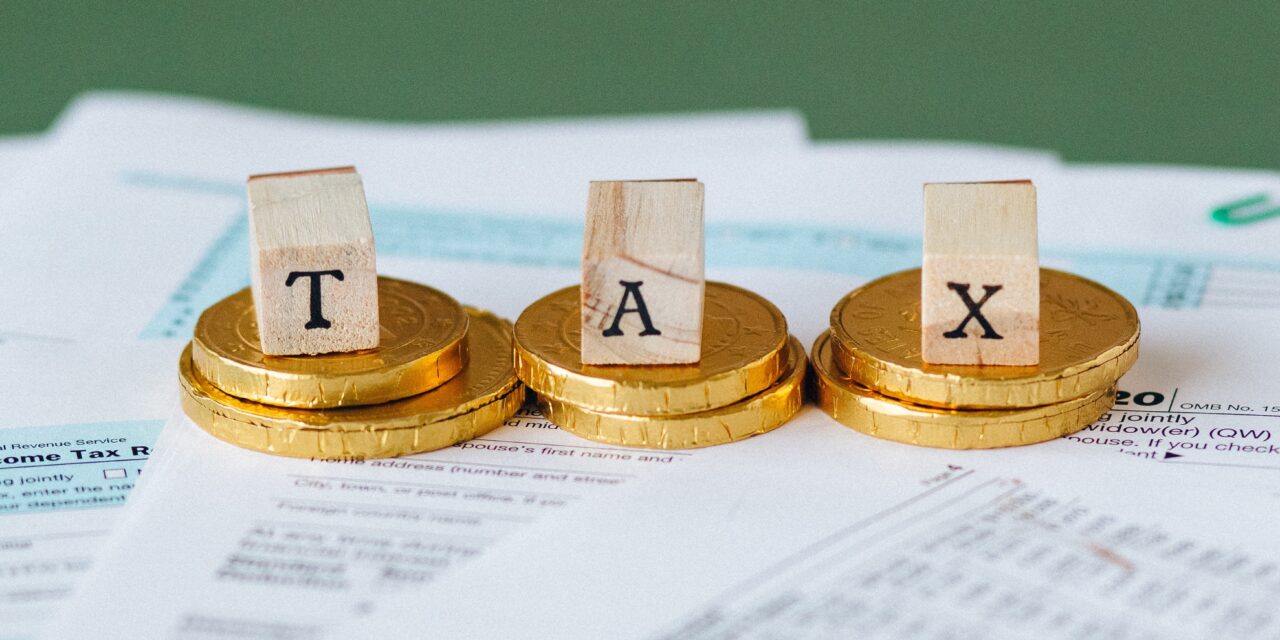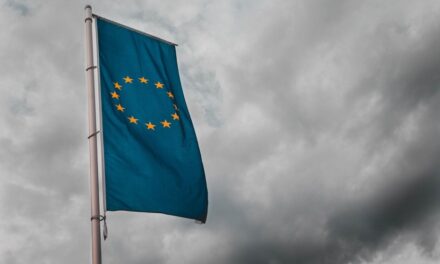- Introduction
The Netherlands has always been a country to which the investment climate was of crucial importance. The attractiveness and the maintenance of a business-friendly climate continue to be a high priority nowadays also.[1] Some of the Dutch tax system’s main characteristics that could be considered advantageous for investors are its relatively low CIT, its vast tax treaty network, and its preference towards the exemption method. But apart from those generic features, the Innovation Box Regime and the Advance Pricing Agreements practice of the state are deemed to be of high significance in attracting investors.
- The Innovation Box Regime
The Innovation Box Regime, initially introduced in 2007, has its principal objective to attract Research & Development activities while avoiding transferring such activities and intellectual property rights abroad. Its way of incentivizing is by providing a lower corporate income tax of 9% – since 2021 – on profits stemming from self-developed intangible assets for which a patent is granted[2] and for intangible assets resulting from Research & Development activities.[3] This lower tax is provided for the profits that exceed the costs incurred during the intellectual property creation.[4] It is worth noting that although this regime aims at attracting Research & Development “active activities”; however, it also represents an incentive for passive intra-group intellectual property income flows to the Netherlands.[5]
IP regimes were one of the most discussed issues during the previous decade, not only at an international but also at a European level. Within the European Union’s boundaries, it was alleged that IP regimes could constitute state aid. The answer to this subject matter was given in 2008 when the Spanish IP regime was compliant with the EU state aid rules.[6] Internationally, the Deliverable of Action 5 of the OECD BEPS Project was published, proposing a modified nexus approach. Since January 1st, 2017, the Dutch innovation box rules are in line with BEPS Action 5 by adopting the modified nexus approach, which means that qualifying profits are those connected to in-house developments.[7]
- Advance Pricing Agreements
In addition, a Dutch practice that is said to attract investors in the country is the conclusion of tax rulings.[8] It is crucial to provide a legal definition of the tax ruling: “[…] an advance tax rulings may be generally defined as any advice, information or statement provided by the tax authorities to a specific taxpayer or group of taxpayers concerning their tax situation in respect to future transactions and on which they are (to a certain extent) entitled to rely.”[9]
This is indeed an incentive since the taxpayer’s opportunity to know in advance the tax treatment he will face in case investing in the Netherlands fosters certainty and encourages investment.[10]
However, as with most beneficial tax tools, tax planning strategies taking advantage of the said practice arose. This favourable treatment provided to certain taxpayers was alleged then to be able to constitute state aid and subsequently a breach of EU law.[11] For the Dutch state, this was crucial since some cases were brought in front of the General Court of the EU due to the European Commission’s claim that certain APAs contain prohibited state aid. Fortunately or not, the EU General Court in the Starbucks case decided that the Commission did not demonstrate an economic advantage in the APA between the Dutch tax authorities and Starbucks Manufacturing, failing to substantiate its claim for prohibited state aid.[12]
According to the author, the excessive burden of proof being carried by the European Commission constitutes an impediment in accomplishing to establish prohibited state aid. In any case, since the Commission’s decisions have not been friendly towards the Dutch APA practice, it is the author’s view that this has affected the Netherlands positively in reconsidering the conclusion of such tax rulings and introducing anti-abusive measures like the conditional withholding tax.[13] Nonetheless, even if the Commission failed in the Starbucks case, this should not be seen as relieving for the Dutch state since more cases are pending against it and its tax ruling practice.[14]
[1] Ministerie van Financiën, Notitie Fiscaal Verdragbeleid 2020, Kamerstukken 25 087-256, p. 3.
[2] Hoofdstuk II. Voorwerp van de belasting bij binnenlandse belastingplichtigen, Afdeling 2.3. Innovatiebox, Artikel 12ba(1)(a) van de Wet op de vennootschapbelasting 1969 [hereinafter Vpb 1969].
[3] Ibid. Artikel 12ba(1)(b).
[4] Ibid. Artikel 12bc.
[5] B. Gulik van der – M. Boterman, “The taxation of foreign passive income for group companies”, IFA Cahiers 2013 – Volume 98A, p. 11 (2013).
[6] The reduction of tax from intangible assets | 480/2007 | Commission Decision [2008], available at Case search – Competition – European Commission (europa.eu) [accessed on 03.05.2021].
[7] H. van Duijn – K. Sinnige, “Netherlands – Corporate Taxation”, Country Tax Guides IBFD, p. 29 (2020).
[8] Letterbox tax rulings and tax rulings on the application of the participation exemption were among the most famous ones already back in the 19thcentury, see Vleggeert, J., & Vording, H. “How the Netherlands became a tax haven for multinationals.”, SSRN Electronic Journal, p. 14-17 (2019).
[9] Romano Carlo, Advance Tax Rulings and Principles of Law: Towards a European Tax Rulings System?, p. 119 (Volume 4, Doctoral Series, 2002).
[10] Pijl Hans and Hahlen Wobke, “The New Advance Pricing Agreement and Advance Tax Ruling Practice in the Netherlands”, IBFD, p. 620 (2001).
[11] Article 107 of the Treaty of Functioning of the European Union see Consolidated version of the Treaty on the Functioning of the European Union, OJ C 326, 26.10.2012.
[12] Judgement of the General Court of 24 September 2019, Netherlands v Commission, T‑760/15 and T‑636/16, ECLI:EU:T:2019:669.
[13] Wet bronbelasting 2021.
[14] State aid SA.46470 (2017/C) — Possible State aid in favour of Inter IKEA — Extension of the formal investigation, Commission Decision (2020/C 228/02) and Nike European Operations Netherlands and Converse Netherlands v Commission Case T-648/19 [Case in progress]








